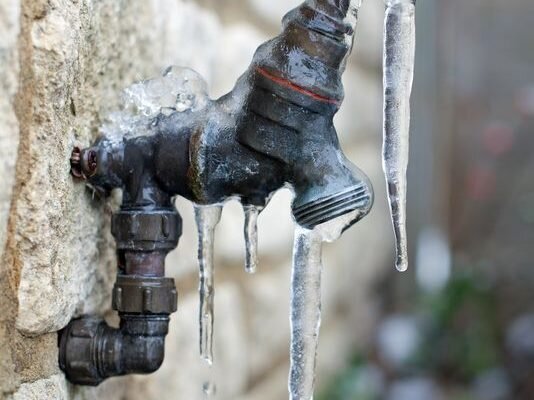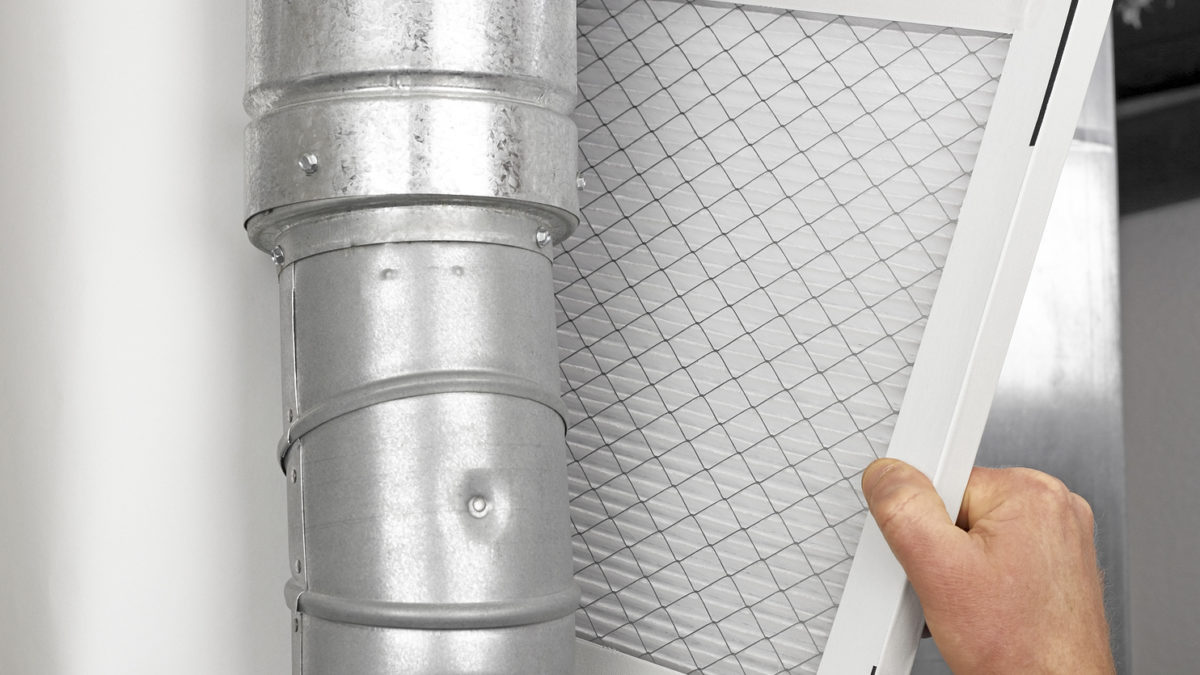What are your thoughts about Winterizing Your Pipes?

All property owners who stay in warm climates should do their best to winterize their pipelines. It is something you must do throughout autumn before deep winter months truly starts. Failure to do so can lead to catastrophe like icy, broken, or ruptured pipelines. Right here are some convenient winterizing hacks to keep your plumbing system secured even if the weather exterior is frightful.
Attempt a Hair Dryer or Warm Weapon
When your pipelines are almost freezing, your trusty hair clothes dryer or warm weapon is a godsend. If the warm towels do not help dislodge any kind of clearing up ice in your pipes, bowling hot air straight right into them might aid. Do not make use of other items that generate straight fires like an impact lantern. This can result in a larger calamity that you can not regulate. You might end up damaging your pipes while trying to melt the ice. As well as in the future, you may even wind up burning your house. So beware!
Open Cupboard Doors Hiding Plumbing
It would be valuable to open up cabinet doors that are masking your pipes when it's cold outside. They could be somewhere in your kitchen or restroom. This will permit the cozy air from your heating system to flow there. Therefore, you stop these subjected pipes from freezing. Doing this small method can maintain your pipelines warm and also restrict the possibly harmful end results of freezing temperature levels.
Take Time to Cover Exposed Water Lines
One very easy and also awesome hack to heat up icy pipes is to wrap them with cozy towels. You can also make use of pre-soaked towels in hot water, simply do not forget to wear protective handwear covers to protect your hands from the warm.
Turn On the Faucets
When the temperature level decreases and it appears as if the freezing temperature will last, it will aid to transform on your water both inside your home and also outdoors. This will certainly maintain the water moving via your plumbing systems. You'll end up losing gallons of water this means.
When Pipelines are Frozen, close Off Water
Turn off the primary water valve immediately if you discover that your pipelines are entirely icy or nearly nearing that stage. You will generally locate this in your cellar or utility room near the heater or the front wall closest to the street. Turn it off today to stop more damages.
With more water, even more ice will certainly pile up, which will eventually lead to rupture pipes. If you are not sure about the state of your pipes this winter, it is best to call a professional plumber for an inspection.
All property owners that live in pleasant climates must do their ideal to winterize their pipes. Failing to do so can spell catastrophe like icy, fractured, or ruptured pipes. If the warm towels do not assist remove any type of settling ice in your pipelines, bowling warm air directly into them may assist. Transform off the major water valve promptly if you observe that your pipes are entirely icy or almost nearing that stage. With even more water, even more ice will pile up, which will eventually lead to rupture pipelines.
PREVENT YOUR PIPES FROM FREEZING THIS WINTER
A Leading Cause of Property Damage
When the weather is taking a deep nose dive into the cold dreary days, the risk of your pipes freezing and potentially bursting skyrockets. Unfortunately, during these cold dreary months, burst pipes are the most common denominator for property damage. The pipes that are most at the risk are those that are in areas where it is most cold in your home. For instance, pipes located in interior places such as basements, attics, and your garage. Unfortunately, that doesn’t mean that the pipes running through your cabinets or exterior walls can’t freeze. Good news, however, is that you can do things to help prevent pipes from freezing.
How to Prevent Pipes From Freezing
Once the temperature starts to drop during the winter, you should be taking the proper measures needed to ensure that your pipes stay warm and that there is circulation of water through them. Some steps that experts may recommend could go against your better judgement when it comes to saving water and heat. However, it would go without saying that when expenses are compared, damaged pipes could put a bigger dent in your wallet than a water bill.
What Can I Do?
Keep your garage door closed. This is very important, especially if you have water supply lines running through your garage. Open your kitchen and bathroom cabinets to allow warm air to circulate through them. Allow air circulation throughout your home. Keeping the interior doors open will once again allow the warm air to circulate inside your home. Ensure your thermostat is running the same temperature throughout the night and day. If you plan to be away from home during the cold months, set your temperature no lower than 55° F. This should provide enough heat to keep the pipes warm and prevent any remaining water inside the pipes from freezing. For more of a long-term solution, add insulation to attics, basement, and other crawl spaces around your home. By allowing your faucet to drip, it will alleviate pressure in the system. This is important because the pressure that is created between the blockage and the faucet can potentially cause the pipes to burst. Allowing the faucet to drip will prevent the pressure from building up, therefore keeping the pipes from bursting. Seal any cracks, openings, and crawl spaces around your home to prevent cold air from coming inside. This keeps your pipes-not to mention your home-warmer and less susceptible to issues caused by freezing temperatures. For the pipes in your home that are easily accessible, applying electrical tape to them might prevent them from freezing over. This is a quick fix, as you can apply the tape directly to the pipe. There are two options for heating tapes. One turns on and off by itself when it senses heat is needed. The other type of heating tape needs to be applied when heat is needed and removed when not necessary. If you have exposed pipes in your home, you can check this website to take a look at a few options that would be available at a shop near you.

Do you really like reading about How to Prevent Frozen Pipes? Place a remark down the page. We would be interested to find out your thinking about this piece. We hope that you visit us again in the future. Don't hesitate to set aside a second to distribute this blog post if you appreciated it. I praise you for your time. Visit again soon.
Get A Quote